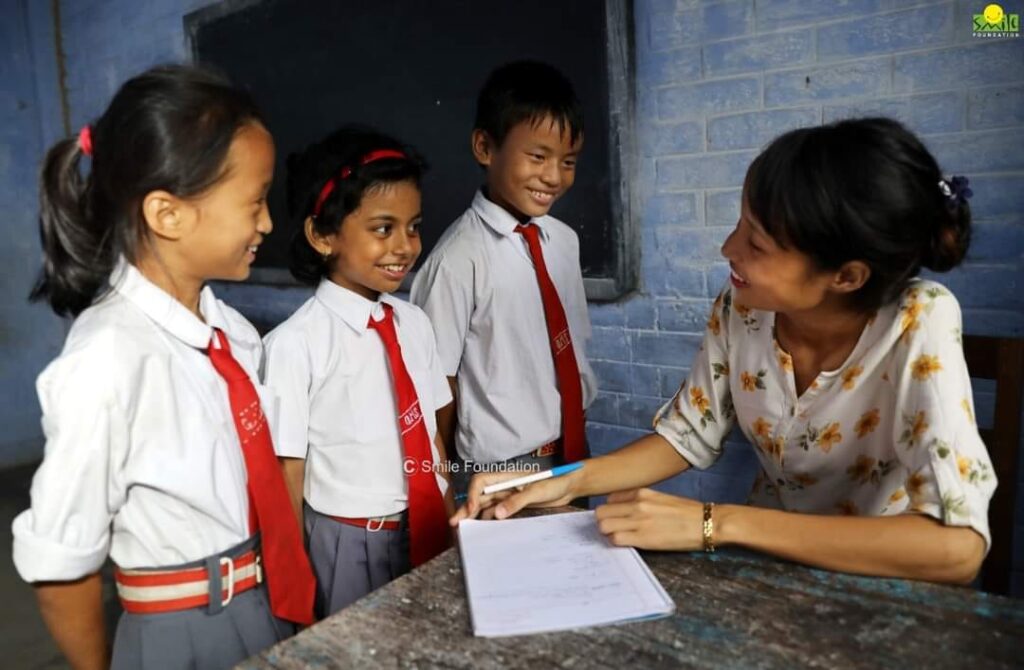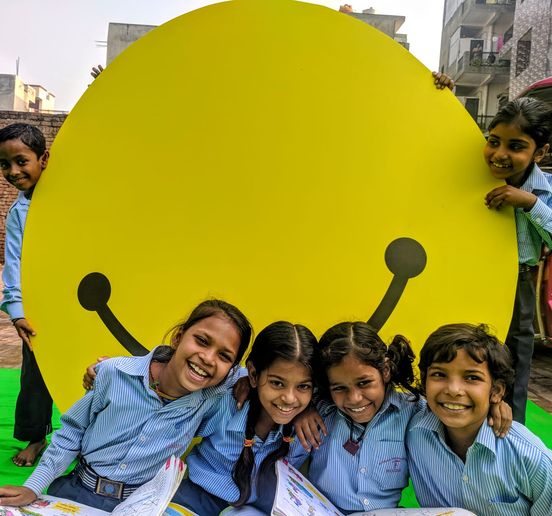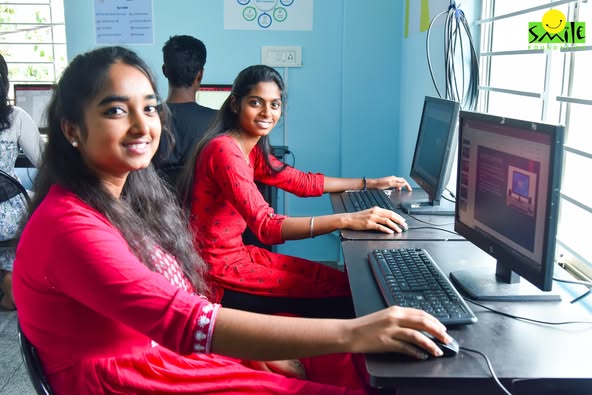According to research and experience, having social skills is critical for success in life. Classrooms have a diverse range of children. As a result, teachers have always taught, given, and supported the application of strong social skills in the classroom.
In essence, inclusive classrooms are simulations of the actual world in which people of different backgrounds and abilities coexist. In fact, several school systems have curriculum geared explicitly toward social and emotional development.
Here are some ideas for making classrooms more inclusive and promoting development of social skills in students. Once the pandemic subsides, these will prove to be helpful. Some can be implemented even while students study online from home.
Collaborate with peer mentors
As they witness the activities and behaviours of those around them, children develop similar social abilities to those around them. When children are paired with peer mentors of the same age, mastering social skills feels less like a lesson.
You can pair children of similar ages and discuss the social skill you want to focus on that day. This way, the peer mentor can effectively direct their pupils toward gaining the appropriate abilities.
Allocate classroom tasks
Assigning children jobs in the classroom allows them to display responsibility, teamwork, and leadership. Jobs such as distributing papers, taking attendance, and serving as a line leader can showcase a student’s talents and, as a result, boost confidence. It also helps to reduce your workload! Teachers frequently swap class assignments on a weekly or monthly basis to ensure that every student has an opportunity to participate. Consider this list of classroom occupations for some inspiration!
Leverage videos to demonstrate social skills
Videos are one of the most effective ways to teach social skills in the classroom. Video modeling teaches social skills and allows pupils to watch an activity before performing it on their own. Then, other students point out what the student did well and where they may improve.
Pen pals
Having a pen pal can critically teach pupils how to display social skills through written communication. Writing letters can provide students with time to collect their thoughts. This can prove especially beneficial for introverted personalities. It provides a level playing field for students with special needs or those who are nonverbal.
Form social situations
In regulated social situations, students are taught a social skill before putting it into practice. You may have youngsters study things on their own, one-on-one, before putting their new socialization abilities to use with others in a classroom setting.
Structured social circumstances begin with the definition of a behaviour and the expectations that go with it. For example, if a student struggles with standing too near to someone while conversing, you may go over personal space and have them practice it afterwards.
Enhance cooperation by implementing joint action routines
Joint action routines establish predictable patterns for skills which children can repeat. You demonstrate a skill and then have them practice it.
When teaching one skill at a time, joint action routines reduce distraction and confusion. They demonstrate to students exactly what to do in social situations in order to establish habits and become independent as they become accustomed to the conduct.
Form lunch clubs
Divide the children into small groups for lunch or activities. You can utilize topic boxes to prompt them to discuss specific topics or employ a specific skill.
Lunch groups can help children learn to chat about a variety of topics and relate to others by learning about their common interests. It also encourages children to engage in acceptable dialogues.









